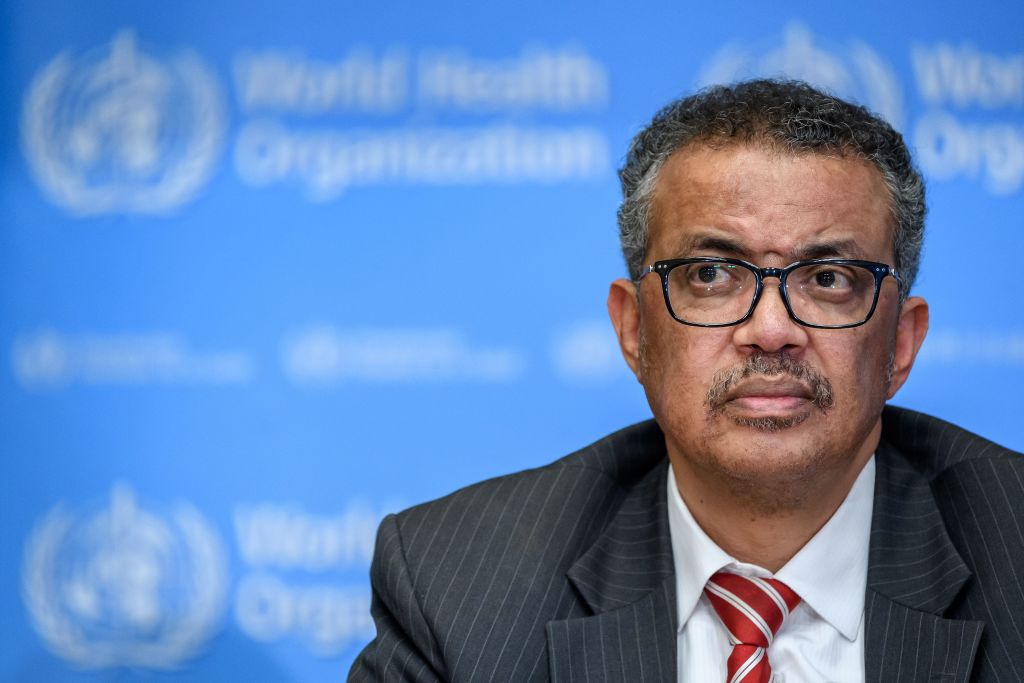Women as primary caregivers at homes are the most affected by Covid-19, the World Health Organisation (WHO), said on International Women’s Day.
The International Women’s Day was commemorated Monday amid calls for the uplifting of women to positions of power and influence.
Briefing the media on the Covid-19 pandemic, Monday, WHO director-general Dr Tedros Adhanom Ghebreyesus said women were bearing the brunt of the novel disease.
“As you know, today is International Women’s Day, in many ways, women have suffered disproportionately from the pandemic,” said Ghebreyesus.
“We have seen appalling increases in violence against women, and reduced access to services for sexual and reproductive health. In relative terms, employment losses have been higher for women than for men. Women have also borne an additional and disproportionate burden of care for children and older people. But women have also been at the forefront of the response.”
The WHO chief said about 70% of all health workers globally are women, adding they have played a key role in delivering care and saving lives.
“But although they make up the majority of the global health workforce, women only hold 25% of leadership roles in health,” he decried.
“That’s why in February, WHO launched the Gender Equal Health and Care Workforce Initiative, to increase the proportion of women in leadership in health and care; to promote equal pay; to protect women in health and care from sexual harassment and violence at work and to ensure safe and decent working conditions for women health and care workers, including access to personal protective equipment and vaccines against Covid-19.”
WHO on the 30th of January last year, declared a global health emergency over the spread of the novel coronavirus and at the time, outside China there were less than 100 cases of Covid-19, and no deaths.
To date however, 117 million cases of the pandemic have been recorded globally, of which 66.4 million have since recovered while 2.6 million have succumbed to it.
“I wish to be very clear: a public health emergency of international concern is the highest level of alarm under international law,” said Ghebreyesus.
“Over the next days and weeks, we continued to sound that alarm loud and clear, and we continued giving countries the strategies, the guidance and the tools they needed to prepare for, prevent, detect and respond to the spread of this new virus. Right now, WHO’s focus is on supporting all countries to end the pandemic, including with vaccines and the public health measures that have been the bedrock of the response for 15 months.
Ghebreyesus added: We have come so far, we have suffered so much, and we have lost so many. We cannot – we must not – squander the progress we have made. We have the tools to control the pandemic, but we can only do it if we use them consistently and equitably. Science, solutions and solidarity remain our guide. There are no shortcuts.

